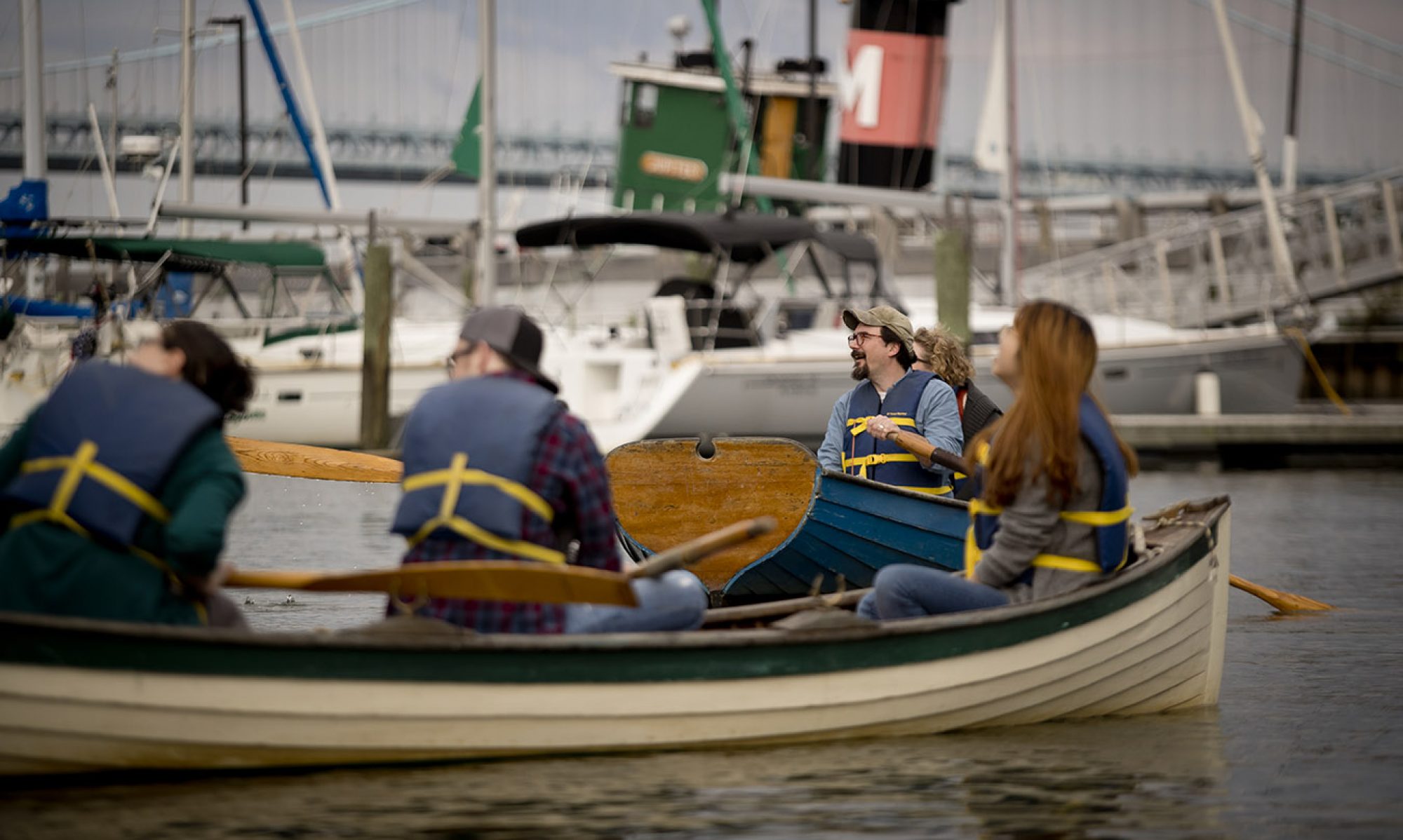Introduction to Public History, aka Managing History (HIST 2151/8152)
This course explores the practical considerations and theoretical issues concerning the management, preservation, and presentation of history in public contexts. This course asks: Who manages American history and American memory? Who Owns History? Who is empowered to tell the story and how did they gain that power? What role does the historian play in the formulation and preservation of public memory?
Studies in Material Culture (HIST 3152/8151)
Introduction to literature from several fields that use artifacts to understand culture. Exploration of various theoretical approaches. Topics include architecture, folk art, photography, decorative arts, landscape design, historic preservation, and the use of interior space.
Public History Practicum (HIST 5187)
The public history practicum allows undergraduate and graduate students to intern in historical organizations while learning from one another in periodic classroom meetings. Internships balance student interests with the needs of partnering institutions. Each student must complete 140 hours of work under the supervision of an experienced public history professional in addition to writing assignments devised and evaluated by a faculty internship supervisor. Students must contact the director of the Center for Public History about their intent to enroll by no later than the midpoint of the semester preceding the practicum.
Memory and Commemoration (HIST 2153)
This course examines the history of memory and remembering in the United States from the American Revolution to the present. We will undertake a broad survey of the various ways that Americans have gone about remembering their past(s) while exploring why and how those memories are made real by monuments, museums, and other commemorative architecture.
Museum History (HIST 2152)
This course examines the history of museums, from their origins in the memory theaters and curiosity cabinets of Renaissance Europe to their recent place in conversations about nation, power, and the future of public funding for arts and culture.
This course surveys theory and method in heritage interpretation, which refers broadly to the various techniques used by the National Park Service to communicate the significance of its historical resources. Students will study the history of heritage interpretation, examine the challenges that confront it today, and consider new paths forward.
History of the National Park Service (HIST 2214)
This course will examine ideas that have shaped the National Park Service and its mission. It will introduce students to key events and figures responsible for creating the National Park Service that played critical roles in its development. Particular focus will be placed on significant legislation bearing on the agency’s function, turning points in its institutional evolution, genesis of bureaucratic hierarchies and process, origins and evolution of its interpretive strategies and the relationship over time between the agency and broad currents in American history.
